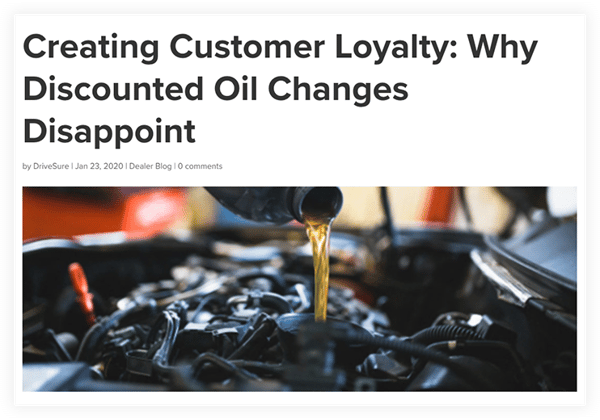How Emotionally Intelligent Leaders Use the ‘McDonald’s Paycheck Rule’ to Calm Anxiety and Inspire True Loyalty


There’s a lot of worry in the world right now. A lot of anxiety. Maybe you’re carrying some of it yourself.
If so, here’s something worth knowing. Because people with very high emotional intelligence understand three key things about anxiety:
- First, it’s is rooted in emotion. It’s about the nexus of fear and imagination.
- Second, it’s contagious. Nothing spreads worry like other people worrying.
- And third, sometimes the best way to resolve your fears is to find ways to help other people overcome theirs.
With that, let’s talk about Tom Philiou, who owns a McDonald’s restaurant in Mayfield Heights, Ohio. You might recognize his name, or the town, and certainly, “McDonald’s.”
Philiou made news earlier this month after it emerged that he’d kept paying his employees their full salaries for three months, even while he’d closed his restaurant for renovations.
It wasn’t cheap. And, there are really smart, objective business reasons why someone might do this. For one thing, if you don’t pay your employees, they’ll leave! Then, you’ll face the challenge of replacing them when you’re ready to reopen.
But, as surprised as I was to find an amazing example of emotional intelligence at McDonald’s, several things struck me about Philiou’s story.
There’s the question he said he asked himself when he realized how long the renovation would take, according to The Washington Post: “How are these people going to make it without paychecks?”
There’s the answer he said he came up with immediately: “We’re going to pay everybody the full thing.”
And, there’s the detail that I found buried in many reports about Philiou’s decision, which had to do with just how long some of his employees have been working for him:
- Ed Kocsis, 55, the restaurant’s general manager, who started working there in 1982;
- Mary Conti, 78, a manager, who started working there in 1977.
- “Dozens” of other staff members, according to the Post, have worked for Philou for decades or more, “many of them rising through the ranks from maintenance to managerial positions.”
“Our turnover is very low,” Kocsis said, adding: “I think it’s because they enjoy working here, and they’re treated with respect. They feel good working here, so they want to stay.”
Why do people work in general? They do so for money, of course; most of us have to work to live. But they also do so to meet emotional needs: purpose, community, confidence.
Philiou’s renovation decision could have upended part of that equation: his employees’ confidence seemed ripe to be replaced with anxiety.
However, his reaction wasn’t just savvy business; it was emotionally intelligent.
People noticed. Workers were grateful. (“Floored and … extremely appreciative,” Kocsis told the Post. “I thought it was fabulous.”)
Heck, of all things, a Reddit thread brimmed with praise:
- “I grew up around here and always heard the owner of this McDonalds was an awesome man!”
- “I used to live here and my wife and I would always say this is the best McDonald’s we’ve ever been to. Now I see why. Having a good owner who values his employees goes a long way.”
- “Tony … rules and this McDonald’s, no joke, is the best I’ve ever been to.”
We sometimes put names on these behaviors to make them easier to remember.
But this example of practical emotional intelligence in business is so good that I think we should give Philou his place in history by dubbing this one, the “McDonald’s Paycheck Rule.”
I know that there are other companies that pay their employees even during tough times. And as I thought about this story I reached out to some of them.
But Philiou’s example stands out.
Maybe it has to do with the wisdom that comes with age; Philiou is 90 years old, and as another nonagenarian entrepreneur, Warren Buffett, puts it:
“When you get to my age, you’ll really measure your success in life by how many of the people you want to have love you actually do love you.”
Maybe it has to do with having had an experience not all that different from many of his employees. Philiou has been working at McDonald’s himself since 1962.
And maybe it has to do with the realization that, as I write in my free ebook, 9 Simple Habits of People with Very High Emotional Intelligence, emotional intelligence is about leveraging emotions to make it more likely you’ll achieve your goals.
If doing that helps calm anxiety and build your business along the way, I think it’s a pretty good rule to follow.








